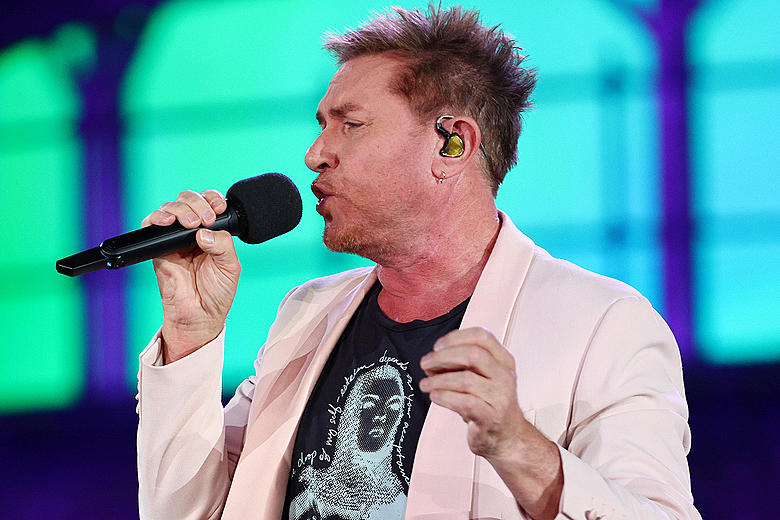The electro trailblazers moved away from their poppy beginnings on their fifth record, and the singer says it set them up for everything that happened next
Depeche Mode’s fifth studio album drew a line under everything that went before. Think of the Basildon electronic-rock pioneers now and everything that comes to mind – music that’s dark and epic and uncompromising and euphoric all at the same time – has its roots in 1986’s Black Celebration . Before that, they were something else, torn between their poppy beginnings and trying to broaden their sound. It was the record where Dave Gahan, Martin Gore, Fletch and Alan Wilder became the band they wanted to be. But it wasn’t without its hurdles, as Gahan told me a few years ago.
“By Black Celebration , we’d really realised that we were not a part of anything else that was going on with the so-called music scene in England, we were doing our own thing,” Gahan recalled. “When we first presented a couple of songs from Black Celebration to the radio plugger, Neil Ferris, their faces… it was fun to see. Excited? No, the complete opposite, like, “where’s the song for the radio?” We had realised that that was not our thing.”
They were already fans who had embraced the side of the band that wasn’t fully focussed on making big hits, Gahan remembered. “By that time we’d created quite a following in Europe,” he said. “They’d be places that we were respected for our albums. That was more important to us, making a body of work, making a piece of work. In the early couple of years, we’d do anything. If someone said to us, ‘Go on Swap Shop on Saturday morning…’ And we always felt uncomfortable. I always felt like a fish out of water. All the teenybop stuff was weird and that happened very early on because we had a couple of hit singles, Just Can’t Get Enough and New Life . They were hits.”


